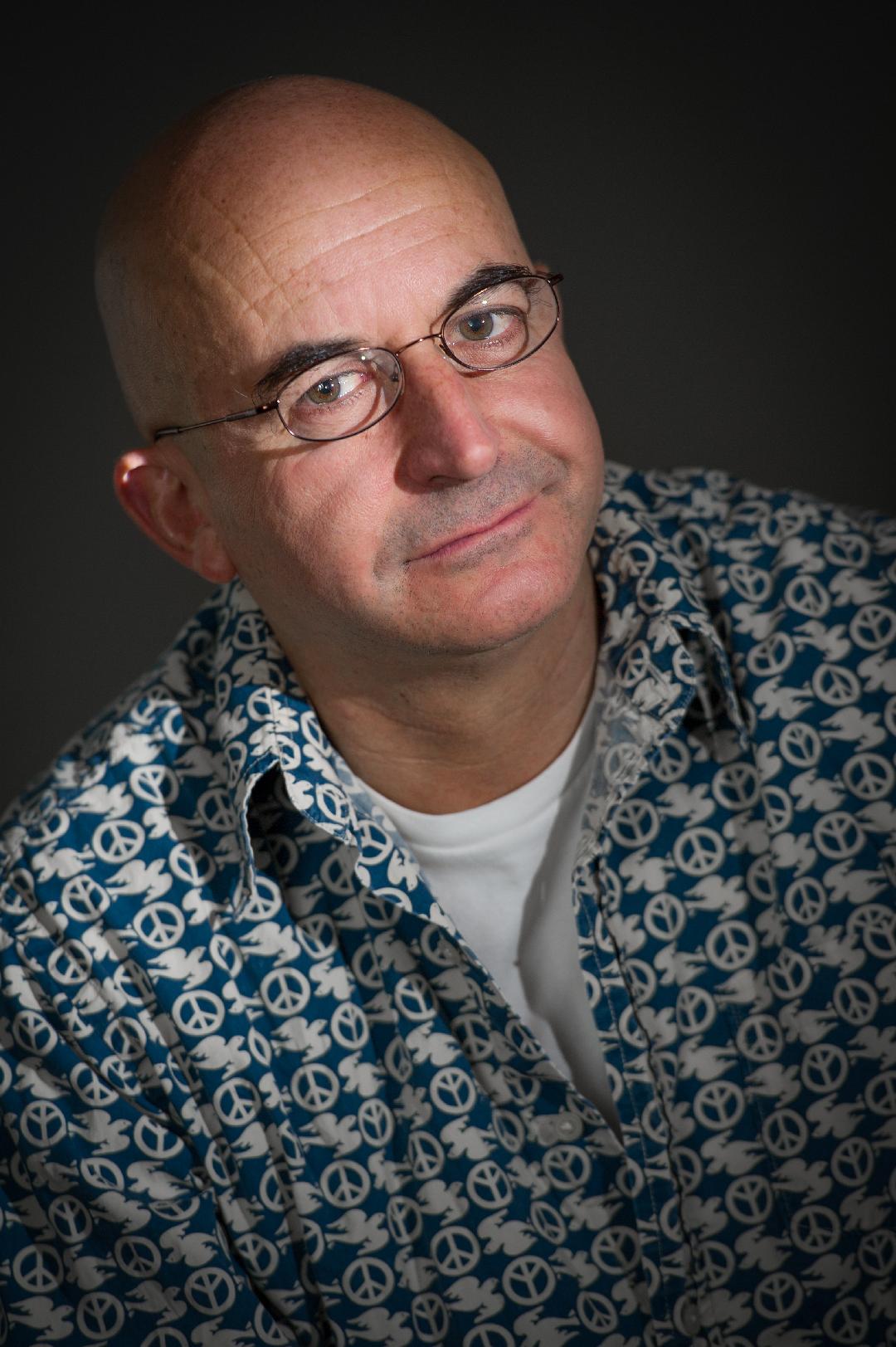Good Reads: Celebrate Creative Writing and Hispanic Heritage Month
Nota del editor: En celebración del Mes de la Herencia Hispana, la Facultad de Artes Liberales destaca algunos de los increíbles trabajos publicados por integrantes del Departamento de Estudios Hispanos. Estamos encantados de que ustedes se unan a nuestra celebración leyendo esta selección de textos. Editor’s Note: In celebration of Hispanic Heritage Month, the College of Liberal […]

Nota del editor: En celebración del Mes de la Herencia Hispana, la Facultad de Artes Liberales destaca algunos de los increíbles trabajos publicados por integrantes del Departamento de Estudios Hispanos.
Estamos encantados de que ustedes se unan a nuestra celebración leyendo esta selección de textos.
Editor’s Note: In celebration of Hispanic Heritage Month, the College of Liberal Arts is highlighting some of the incredible works published by faculty members in the Department of Hispanic Studies.
We’re thrilled that you’re joining in our celebration by reading these selections in both Spanish and English. Enjoy, and happy Hispanic Heritage Month!

Dr. Eduardo Espina is an award winning author and professor in the Department of Hispanic Studies at Texas A&M University.
Nombres obligatorios
(El olvido debe haber nacido en algún país)
por Dr. Eduardo Espina
Tal vez como dijo Álvaro Mutis mientras
tomábamos negronis en el aeropuerto de
México, la vida siempre ha estado bien (el
bien basta para seguir vivos de antemano).
Recién ahora vengo desde antes a saberlo.
En algunas canciones de Ray Charles sisea
algo parecido, suena un bienestar a ambos
lados, un abismo más es visto en lo visible.
Hay quien lo llama para tenerlo cerca, hay
otros, como aquel que al templo entró con
las botas puestas por no saber descalzarse.
Debería preguntarle a la niebla a través de
los ibirapitás si la vida tendrá el valor de ir
hacia la abstracción de donde nadie vuelve
a ver igual. La vida siempre ha estado bien,
de maravilla fue hecho el llamado, en tanto
sean otros los que la parca al acudir se lleva.
Decir si acaso es bella, extraordinaria, sería
“excesivo”, demasiado indiferente al pasado
disponible, aunque juntar de a poco los días
podría darles la edad de anoche por ser afín
al final anterior a las eras donde las voces se
sentían parte del sentido al nacer de menos.
En la cúspide piadosa del Obradoiro cuando
iluminado debió haber estado hace tanto vio
la voz hasta lo posible por escuchar a ras del
aire las causas según las cuales uno recuerda.
La invisibilidad trajo una respuesta forastera,
había venido a encontrar algo interior que de
buenas a primeras creí sería la resurrección
quedándose en casa a conocer al cielo cerca
de canciones que se cantan más de la cuenta.
El mundo, tal mitad mientras es mencionada
la nada y nada hace sino renacer tan seguido.
En su gran hotel, el olvido golpea a la puerta.
Por un ascensor Otis baja al salón de belleza.
Obligatory Names
(Oblivion must be born someplace)
by Dr. Eduardo Espina
Translated by Charles Bernstein, Bollingen Prize for Poetry, 2019
Maybe, as Alvaro Mutis said while
we drank Negronis at the airport
in Mexico, life’s always been for the best.
Just now I’ve come back around to that.
There’s something similar in a couple of
Ray Charles’s songs, sounding the best
on both ends while eyeing another visible
abyss. There’re those see it close. There’re
others – like the guy at the temple
with the boots on because he doesn’t know
how to take them off. I might as well
ask the fog traversing the ibirapitá trees
if life’s glorious enough to reach an abstraction
from which nobody returns. Life’s
always good up to a point, call it marvelous,
but then it comes ’round again, everything
just keeps dying. To say maybe it’s beautiful,
extraordinary, pulls it out of the time we had,
though putting together days one at a time
might bathe them in last night’s light,
when the voices overheard on the balcony
came to so much less … come to nada.
At the back of Obradoiro (that day
you could hear the illumination because
the light spoke), glimmers of a possible
life, listening at zero ground, declaiming
responsibility for who speaks. Continuity
brought the wrong answer, an encounter
with an interior that at first blush looked like
resurrection, so staying in the house another
year, just in case a couple of birds-on-a-wire
pulled it off. Or could resurrection be a
memory, while it lasts, or a world united
in no questions? The world’s just half while
it’s mentioned. In this grand hotel, oblivion
knocks on the door. Otis takes the elevator
all the way down to the beauty salon.
